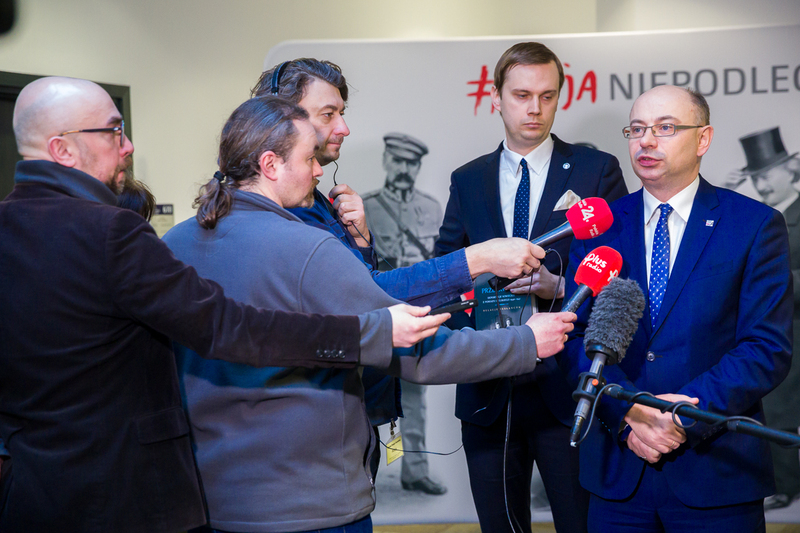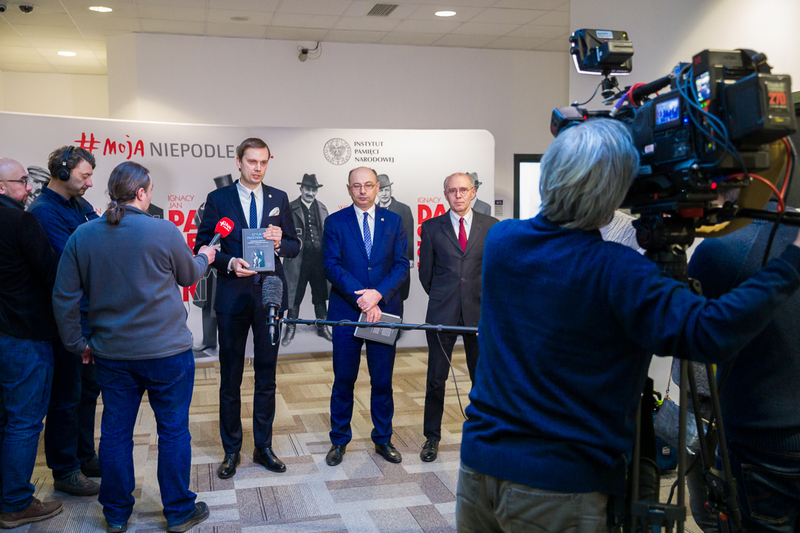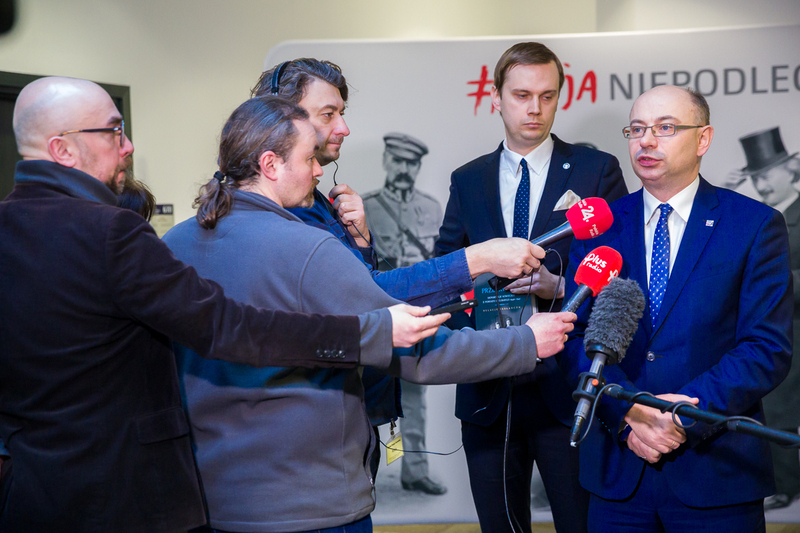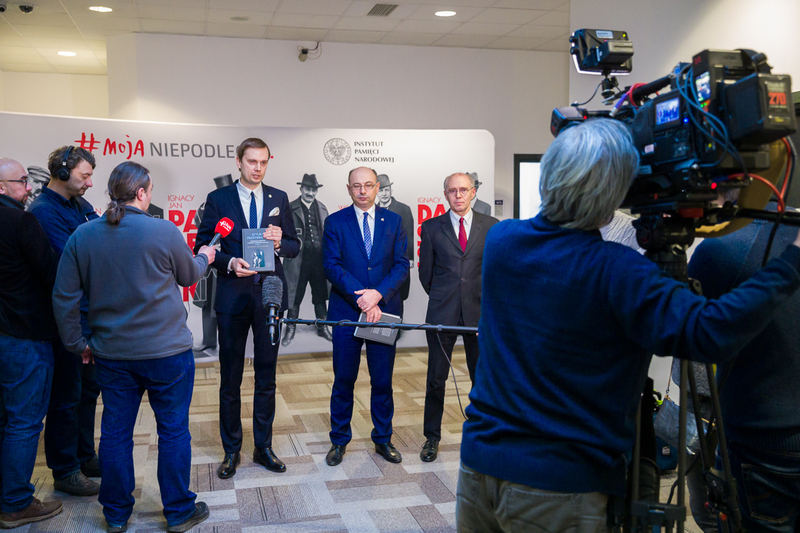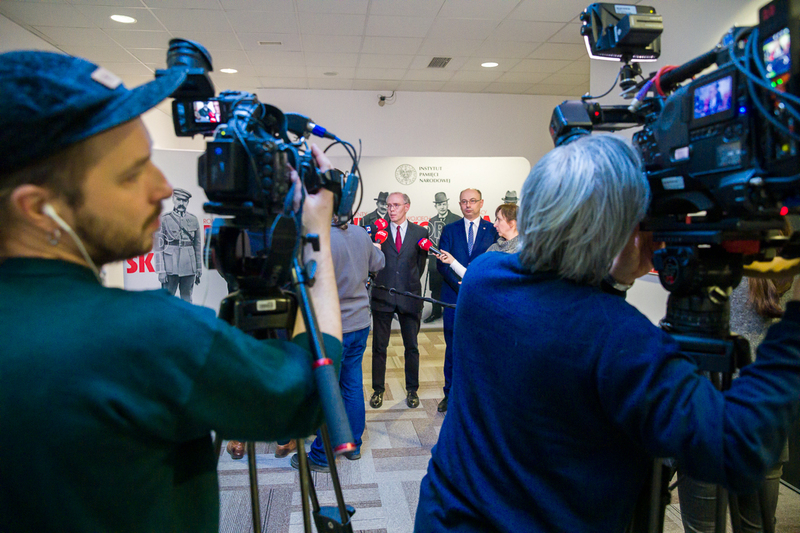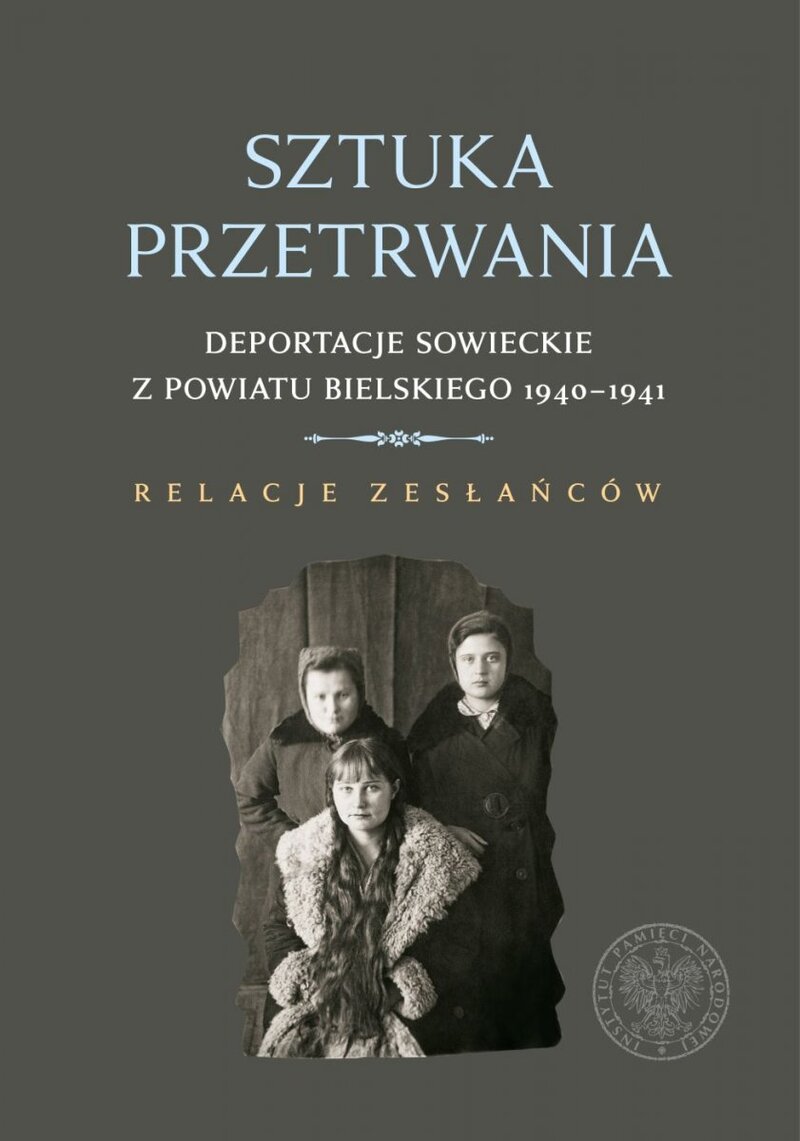"We have come to a place where people are dying of starvation and cold. How many Poles and non-Poles are left there! How many graves there are! When malaria or typhoid strike, and a person has nothing to eat, the chances of their survival fall drastically"- this and many other poignant accounts regarding the circumstances of repression and deportation of citizens of the Second Polish Republic deep into the USSR are described in the IPN’s new publication „Sztuka przetrwania. Deportacje sowieckie z powiatu bielskiego 1940–1941. Relacje zesłańców”.["The Art of Survival. Soviet deportations from the Bielsko Poviat 1940–1941. Deportees' Accounts."] compiled by Wojciech Konończuk.
The study contains twelve accounts of people deported to Siberia from the Bielsk Podlaski poviat in the years 1940–1941. They present the fate of representatives of all pre-war social spheres affected by repression - landowners, foresters, policemen, Jewish merchants, teachers, craftsmen, wealthy and poor peasants as well as Catholics, Orthodox and Jews .The micro-history of this region serves as a case study showing the fate of citizens of the Second Republic of Poland under Soviet occupation.
